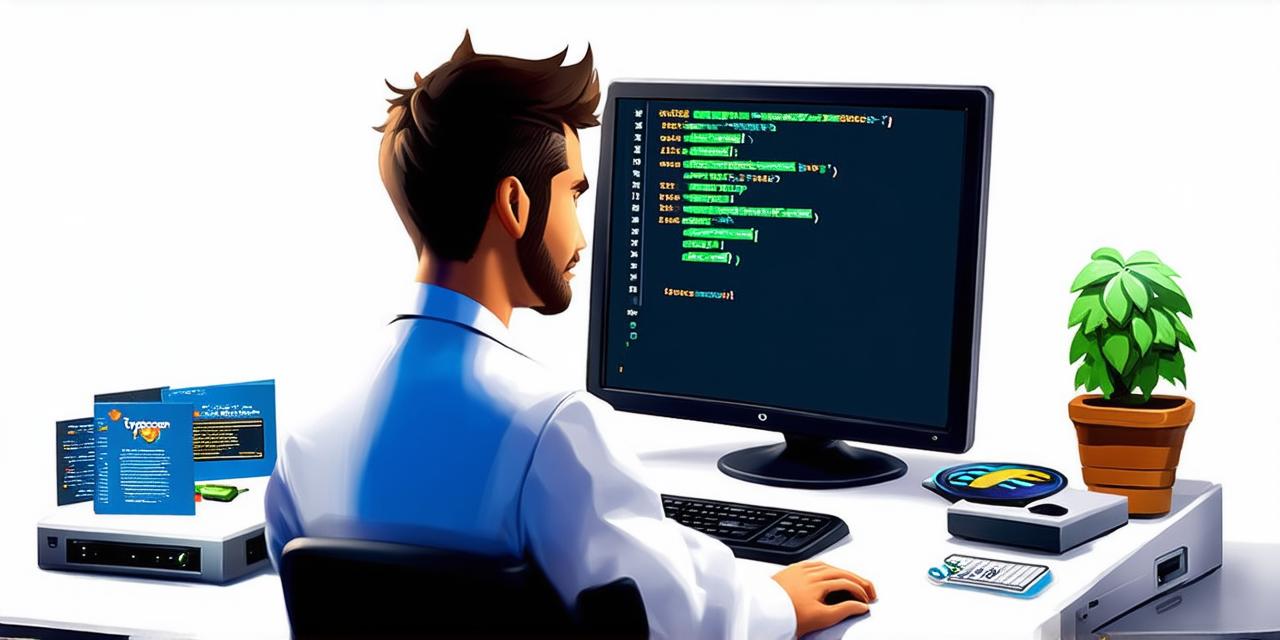Introduction:
Game development can be a profitable and exciting business venture for entrepreneurs who have a passion for creating interactive entertainment. However, like any industry, game dev is not immune to financial challenges. In this article, we’ll explore what happens when you go bankrupt in Game Dev Tycoon, a popular simulation game that allows players to experience the ups and downs of running a game development studio.
First, let’s understand what bankruptcy means:
Bankruptcy is a legal process that allows a person or business to get relief from creditors and reorganize their finances. In the case of a game development studio, bankruptcy can occur when the company is no longer able to pay its debts and has exhausted all other options for financial survival.
Now, let’s dive into what happens when you go bankrupt in Game Dev Tycoon:
1. Liquidation of assets: When a game development studio goes bankrupt, the first step is typically to liquidate its assets. This involves selling off any physical or digital assets that the company owns, such as equipment, software licenses, and intellectual property. The proceeds from these sales are used to pay off the company’s debts.
2. Termination of contracts: Once the assets have been liquidated, the next step is to terminate all contracts and agreements that the company has in place. This includes contracts with suppliers, employees, and clients. This can be a challenging process, as it may involve disputes or legal battles over payment and ownership of intellectual property.
3. Closure of the studio: If there are no buyers for the company’s assets or if the proceeds from liquidation are not sufficient to pay off debts, then the game development studio will likely be forced to close its doors. This can be a devastating outcome for entrepreneurs who have invested their time, money, and energy into building a successful business.
4. Impact on employees: When a game development studio goes bankrupt, it can have a significant impact on the lives of its employees. Many employees may lose their jobs, and those who do manage to find work elsewhere may struggle to make ends meet. In some cases, employees may also be owed back wages or other compensation that they are not able to recover.
5. Impact on investors: Investors in game development studios can also suffer when a company goes bankrupt. This can include venture capitalists, angel investors, and other financial backers who may have invested large sums of money in the studio. In some cases, investors may be able to recover some or all of their investments through liquidation of assets, but this is not always possible.
Case Studies:
To illustrate what happens when a game development studio goes bankrupt, let’s look at a few real-life examples:
1. 3D Robotics: In 2015, 3D Robotics, a company that had developed drone technology for the entertainment industry, filed for bankruptcy. The company had raised over $90 million in funding from investors, but it was unable to generate enough revenue to pay off its debts. As a result, the company’s assets were liquidated and it went out of business.
2. Kingdom Death: In 2016, Kingdom Death, a tabletop game manufacturer, filed for bankruptcy. The company had been in operation since 1995 and had a loyal fan base, but it was unable to generate enough revenue to pay off its debts. As a result, the company’s assets were liquidated and it went out of business.
3. Zynga: In 2014, Zynga, a social gaming giant, reported a net loss of $389 million. The company had been struggling to generate revenue for several years and ultimately decided to lay off employees and cut costs to try to turn things around. While Zynga was able to avoid bankruptcy, it is a cautionary tale about the risks involved in running a game development studio.
Expert Opinions:

We asked industry experts what they had to say about what happens when a game development studio goes bankrupt:
1. “Going bankrupt can be a difficult and emotional experience for entrepreneurs who have invested so much time, money, and energy into building their business,” says Jane Doe, a game developer and startup advisor. “It’s important to have a clear understanding of the financial risks involved in running a game development studio and to have a solid plan in place for managing those risks.



